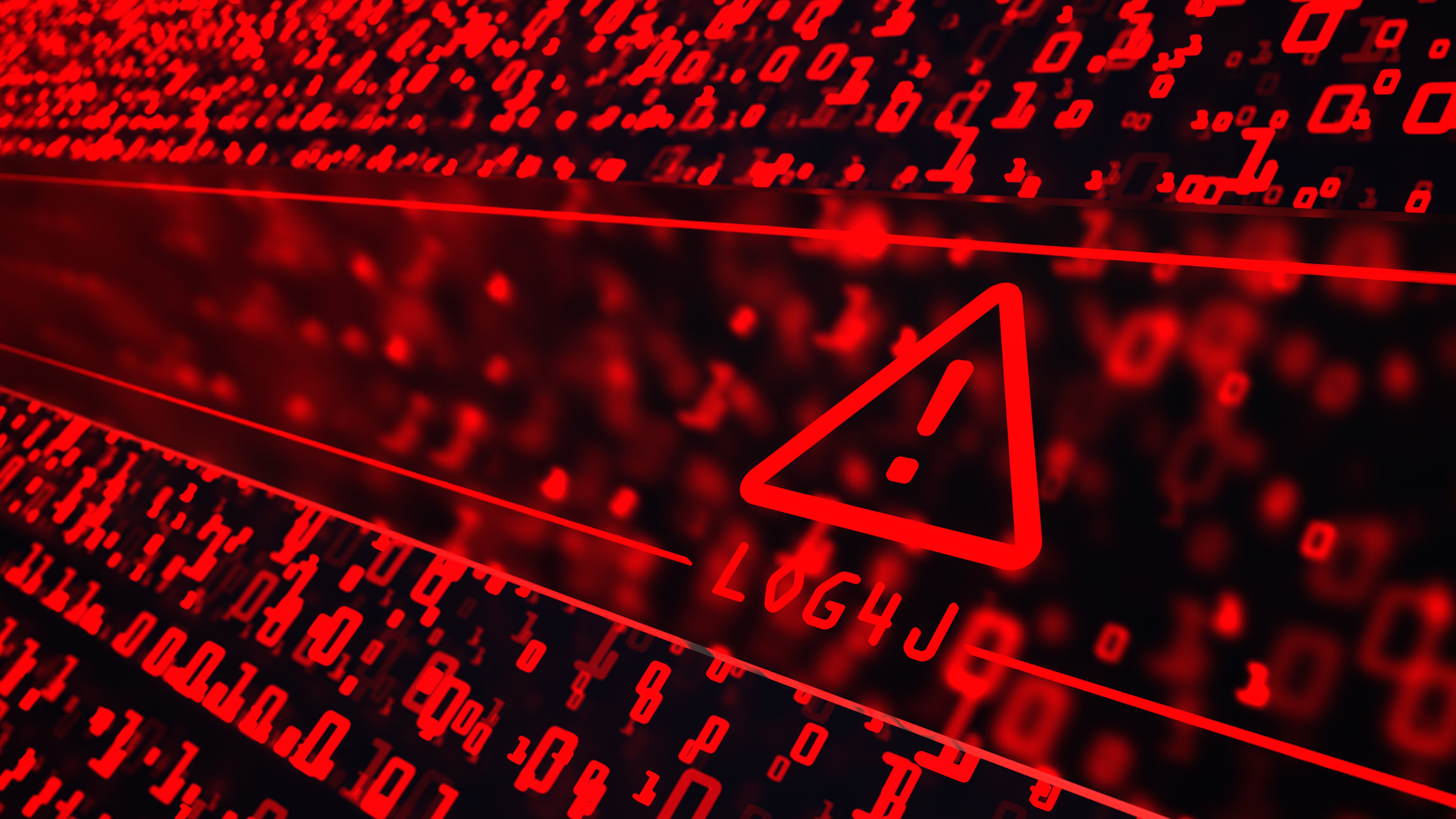Group-IB, a Singapore-based international cybersecurity firm, has recognized an alarming development within the illicit commerce of compromised credentials for OpenAI’s ChatGPT on darkish net marketplaces. The agency discovered over 100,000 malware-infected gadgets with saved ChatGPT credentials throughout the previous 12 months.
Reportedly, the Asia-Pacific area noticed the very best focus of stolen ChatGPT accounts, making up over 40 % of the circumstances. In response to Group-IB, the cybercrime was perpetrated by unhealthy actors utilizing Raccoon Infostealer, a selected sort of malware that collects saved info from contaminated computer systems.
ChatGPT and a necessity for cybersecurity
Earlier in June 2023, OpenAI, the developer of ChatGPT, pledged $1 million in the direction of AI cybersecurity initiatives following an unsealed indictment from the Division of Justice towards 26-year-old Ukrainian nationwide Mark Sokolovsky for his alleged involvement with Raccoon Infostealer. From there, consciousness of the results of Infostealer has continued to unfold.
Notably, any such malware collects an unlimited array of private knowledge, from browser-saved credentials, financial institution card particulars, and crypto pockets info, to searching historical past and cookies. As soon as collected, the info is forwarded to the malware operator. Infostealers usually propagate by way of phishing emails and are alarmingly efficient because of their simplicity.
Over the previous 12 months, ChatGPT has emerged as a considerably highly effective and influential device, particularly amongst these throughout the blockchain trade and Web3. It’s been used all through the metaverse for a wide range of functions — like, say, making a $50 million meme coin. Though OpenAI’s now iconic introduction might have taken the tech world by storm, it has additionally turn into a profitable goal for cybercriminals.
Recognizing this rising cyber threat, Group-IB advises ChatGPT customers to strengthen their account safety by often updating passwords and enabling two-factor authentication (2FA). These measures have turn into more and more common as cybercrime continues to rise and easily require customers to enter an extra verification code alongside their password to entry their accounts.
“Many enterprises are integrating ChatGPT into their operational flow. Employees enter classified correspondences or use the bot to optimize proprietary code,” Dmitry Shestakov, Group-IB’s Head of Risk Intelligence, stated in a press launch. “Given that ChatGPT’s standard configuration retains all conversations, this could inadvertently offer a trove of sensitive intelligence to threat actors if they obtain account credentials.”
Shestakov went on to notice that his staff constantly screens underground communities within the curiosity of having the ability to promptly establish hacks and leaks to assist mitigate cyber dangers earlier than additional harm happens. But, common safety consciousness coaching and vigilance towards phishing makes an attempt are nonetheless really helpful as extra protecting measures.
The evolving panorama of cyber threats underscores the significance of proactive and complete cybersecurity measures. From moral questions to questionable Web3 integrations, because the utilization of AI-powered instruments like ChatGPT continues to develop, so does the need of securing these applied sciences towards potential cyber threats.
Editor’s notice: This text was written by an nft now employees member in collaboration with OpenAI’s GPT-4.


